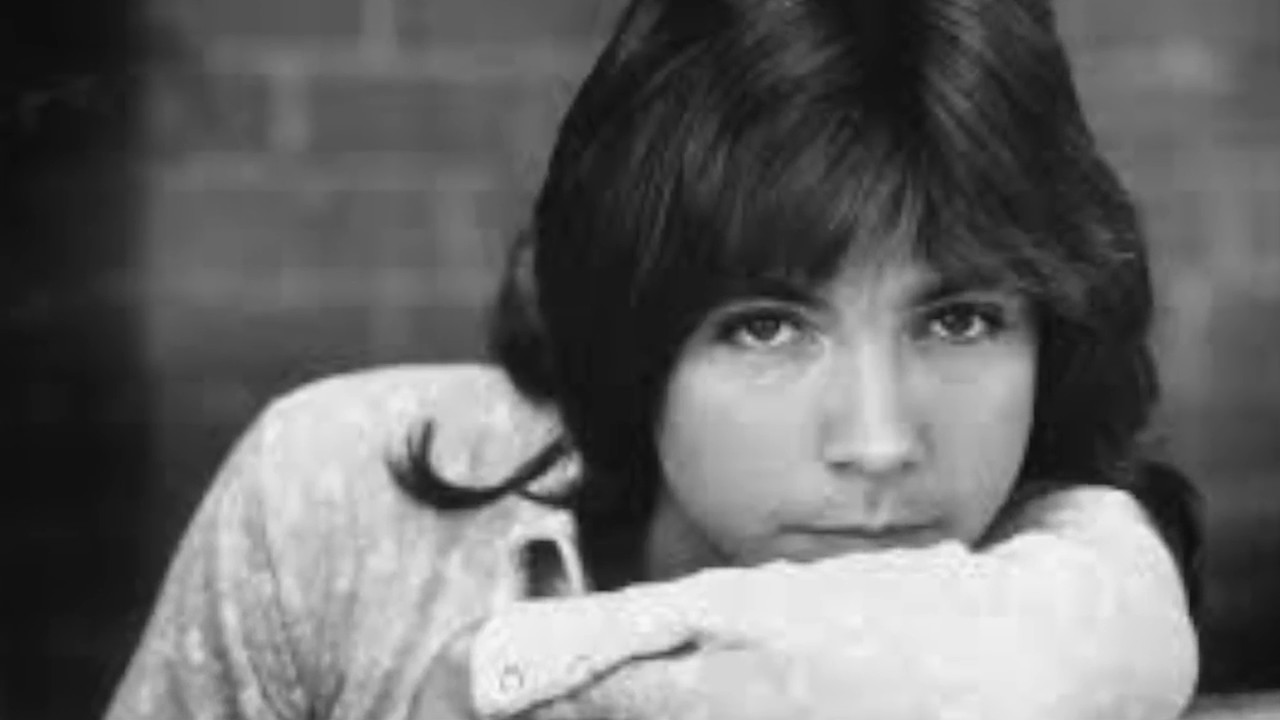
“Ricky’s Tune” feels like a quiet room at the end of a long road—where a man sets down the weight of his past and speaks, gently, to someone who matters more than applause.
Among the many recordings associated with David Cassidy, “Ricky’s Tune” occupies a deeply personal corner. It is not a song built for radio urgency or chart ambition. Instead, it feels like a pause—an inward breath—where Cassidy allows sentiment to replace performance. In a career long shaped by public expectation, “Ricky’s Tune” sounds like something written for one listener, overheard by the rest of us.
From the first moments, the song announces its intention through restraint. The melody is unassuming, almost conversational. There is no dramatic climb, no chorus designed to overwhelm. This is deliberate. Cassidy seems to understand that certain emotions lose their truth when they are forced into spectacle. “Ricky’s Tune” moves at the pace of thought, not momentum, allowing the voice to carry meaning rather than volume.
Lyrically, the song reads like a letter—tender, reflective, and quietly protective. It speaks of care rather than control, of presence rather than promise. There is a sense of guidance offered without instruction, affection expressed without possession. The words feel rooted in responsibility, not romance; in continuity, not escape. If many of Cassidy’s earlier songs explored longing and desire, “Ricky’s Tune” explores connection of a different order—the kind that asks nothing in return except time.
What makes the song especially moving is the way Cassidy sings it. His voice, by this stage, carries a softened grain, the sound of experience settling into tone. There is no attempt to hide vulnerability behind polish. Instead, he leans into it. Each line is delivered with care, as though he is mindful that meaning can be lost if rushed. This patience gives the song its emotional credibility. It feels earned.
Musically, the arrangement remains understated throughout. Acoustic textures dominate, creating an intimate frame that keeps the focus firmly on the vocal. The instrumentation does not decorate; it supports. There is a warmth here, but also a touch of melancholy—not sadness exactly, but awareness. The awareness that life moves forward whether we are ready or not, and that the most important things are often the quietest.
The deeper meaning of “Ricky’s Tune” lies in its sense of continuity. It is a song about passing something on—not fame, not success, but understanding. There is an unspoken acknowledgment that the singer has traveled through noise and now values calm. The song feels like a bridge between generations, built not with instruction but with empathy. It suggests that love, at its most enduring, is not dramatic—it is steady.
For listeners, “Ricky’s Tune” often resonates differently depending on when it is heard. Earlier in life, it may sound gentle, even simple. Later, it reveals its weight. The pauses begin to matter. The softness begins to feel intentional. The song becomes less about who Ricky is, and more about what it means to care deeply for another person without needing to be at the center of the story.
In the broader landscape of David Cassidy’s work, “Ricky’s Tune” stands as a reminder that artistry does not always announce itself loudly. Sometimes it arrives quietly, carrying reflection instead of ambition. It is a song that does not ask to be remembered—but once heard, it tends to stay. Like a voice heard late at night, saying only what needs to be said, and nothing more.